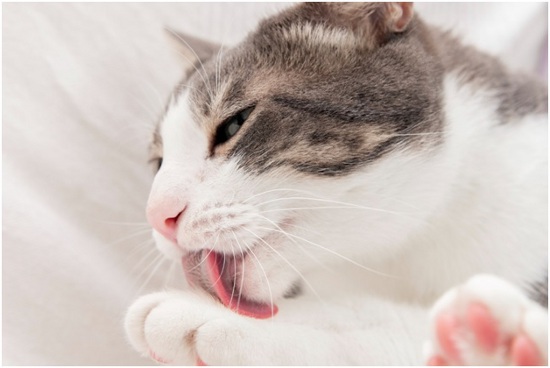Cats are beloved companions known for their playful antics and mysterious personalities. As responsible cat owners, it’s important to ensure our feline friends lead healthy and happy lives. While cats are generally resilient, they can face various health challenges. Unfortunately, some of these health problems can lead to more significant issues in the long run.


The good news is you can avoid several cat health problems by getting familiar with them. Once you learn to look out for specific issues your furry friend may face, you can identify signs of certain illnesses and address them beforehand. Here are a few common cat health problems and tips on how to help avoid them to give your feline friend a healthy and happy life.
Dental Issue
Like humans, cats can suffer from dental problems like gum disease, plaque buildup, and tooth decay. According to studies, 50 to 90 percent of cats over four years suffer from dental disease in some form. Ignoring dental health can lead to pain, bad breath, and even systemic health issues.
But you can avoid several dental issues by brushing regularly with feline-friendly toothpaste, providing dental treats or toys, and scheduling professional dental cleanings as your veterinarian advises.
Obesity
Obesity is a growing concern among cats, leading to joint issues, diabetes, and a decreased quality of life. Preventing obesity involves a balanced diet, portion control, and engaging your cat in regular playtime activities. Interactive toys and laser pointers can keep your cat moving and mentally stimulated.
Since your cat’s diet is critical to their overall health, it’s important to be cautious about what you feed them. Switching your feline friend to a raw food diet can potentially help in preventing obesity, but it’s important to approach this decision with careful consideration and consultation with a veterinarian.
If you’ve decided to switch, choose a raw recipe that provides all the nutrients that your cat needs without contributing to weight gain. Raw food diets typically closely mimic a cat’s natural diet in the wild. This could provide the necessary nutrients and possibly better weight management. A reputable brand will likely create recipes without added processes or a long list of ingredients, ensuring you can identify each ingredient and avoid using foods that contribute to weight gain.
Urinary Tract Problems
Urinary issues like infections and blockages can be painful and life-threatening for cats. Promote urinary health by providing fresh water, feeding a diet rich in moisture (wet food), and maintaining clean litter boxes. Regular veterinary check-ups can catch potential problems early.
Hairballs
While grooming is natural, it can lead to the dreaded hairball problem. To help prevent hairballs, brush your cat regularly to reduce shedding, offer hairball-prevention treats, and include fiber-rich foods in their diet. If hairballs become a frequent issue, consult your vet.
Parasites
Fleas, ticks, and worms can cause discomfort and health problems in cats. Regularly use veterinarian-recommended preventive treatments to keep parasites at bay. Keep your cat’s living environment clean, vacuum often, and wash their bedding regularly.
Respiratory Issues
Cats can suffer from respiratory infections, especially in multi-cat households or stressful environments. Proper ventilation, regular cleaning, and minimizing stress can help reduce the risk of respiratory problems. Consult your vet promptly if your cat shows symptoms like sneezing or nasal discharge.
Diabetes
Diabetes is becoming more common in cats due to factors like obesity and genetics. Feeding a balanced diet, maintaining a healthy weight, and regular exercise are essential. Recognize early signs such as increased thirst, urination, and weight loss, and consult your vet for proper management.
Aging-related Problems
As cats age, they can develop conditions like arthritis, kidney disease, and dental issues. Regular senior check-ups, tailored diets, and providing comfortable resting places can ease the challenges of aging.
Stress and Behavioral Problems
Stress can manifest in various behavioral problems, such as over-grooming or aggression. Create a calm and enriching environment for your cat with hiding spots, scratching posts, and interactive play. Positive reinforcement techniques can help address unwanted behaviors.


























